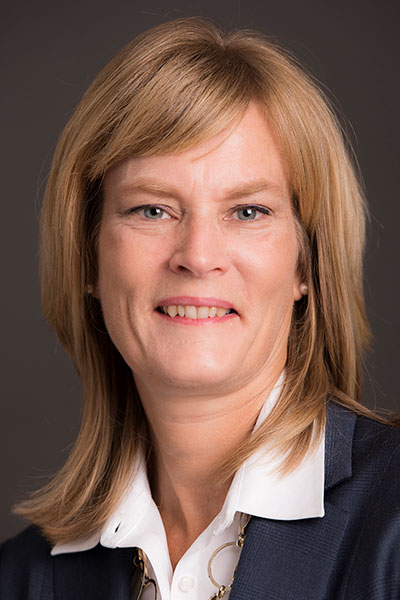
Modern therapies have led to significant improvements in breast cancer outcomes both for patients with early and advanced disease, however, these treatments can place patients at an increased risk of cardiovascular morbidity and mortality. A growing number of breast cancer treatments can have a negative impact on cardiovascular health including heart failure, valvular damage, coronary artery disease, arrythmias, and cardiac dysfunction.
“We have focused over the past few decades on trying to improve clinical outcomes of patients with breast cancer and we’ve done an incredible job,” said Susan F. Dent, MD, Professor of Medicine at Duke University School of Medicine and Co-Director of the Cardio-oncology Program at Duke. “Yes, we have to always be aware of the risk of breast cancer recurrence and reduce that risk, but we can’t forget about cardiovascular health. I always tell my patients that I don’t want to cure your cancer only for you to develop heart failure a few years down the road because of your cancer treatment. We have to broaden our scope and consider the potential consequences of these therapies.”
Dr. Dent will co-moderate Breast Cancer and Cardiovascular Toxicity: What an Oncologist Needs to Know on Wednesday, from 3:00 pm – 5:00 pm CT in Hemisfair Ballroom 3. She will explore the expanding field of cardio-oncology with co-moderator Carmen Bergom, MD, PhD, Associate Professor of Radiation Oncology at Washington University School of Medicine.
“Treating breast, or any other cancer, starts with avoiding harm,” Dr. Dent said. “That means being aware of the potential cardiovascular toxicities that come with many cancer treatments.”
Most oncologists remember that anthracyclines and HER2 therapies are associated with a small but definable risk for left ventricular dysfunction and heart failure, she noted; however, they may be less familiar with other cardiotoxicities that come with newer agents.
CDK4/6 inhibitors, such as ribociclib for example, can cause QTc prolongation. That may not be a major risk in itself for many patients, but a growing number of breast cancer patients are already on other medications, for supportive care treatment or for the management of other comorbidities, that can also cause QTc prolongation
Immune checkpoint inhibitors, a mainstay therapy across oncology, can cause myocarditis, a rare but fatal side effect. PI3K inhibitors, used in the treatment of hormone positive, HER2 negative advanced breast cancer, are associated with significant hyperglycemia — a cause for even greater concern in patients who are already overweight, have hypertension, and are pre-diabetic.
“Patients may come to us with underlying cardiovascular risk factors, and as oncologists, we think about how a cancer treatment is going to impact and reduce the risk of breast cancer recurrence. We also need to think about how that same treatment is going to impact cardiovascular risk and cardiovascular outcomes,” said Dr. Dent.
Radiation therapy carries a similar mix of oncologic benefits and cardiovascular risks. Dr. Bergom will discuss the cardiovascular implications of radiation therapy in breast cancer.
“It’s not just radiation to the left breast, it is how we give radiation and considering if patients have had prior radiation for another disease,” Dr. Dent said. “Cardiovascular health should always be a consideration.”
Dinesh Thavendiranathan, MD, MSc, Cardiotoxicity Prevention Program Lead, Peter Munk Cardiac Center, Toronto General Hospital, University of Toronto, Toronto, Canada will explore the latest strategies to detect and prevent potential cardiotoxicities from breast cancer treatment. Assessing left ventricular ejection fraction is just the beginning.
Kiran Dhillon, University of Washington Medicine, Seattle, will discuss cardiac problems secondary to chemotherapy.
“The patients we see in clinic are not the patients you see in clinical trials,” Dr. Dent said. “We see patients who have pre-existing cardiovascular risk factors and/or disease that may require systemic therapy such as HER2 targeted therapies, anthracyclines, immunotherapy, or CDK4/6 inhibitors. If you don’t treat their cancer, they are at greater risk of breast cancer recurrence or death in the case of advanced disease, and if you don’t treat them thoughtfully, they could die of cancer treatment related cardiovascular disease. Our task is to cure cancer and save hearts.”

